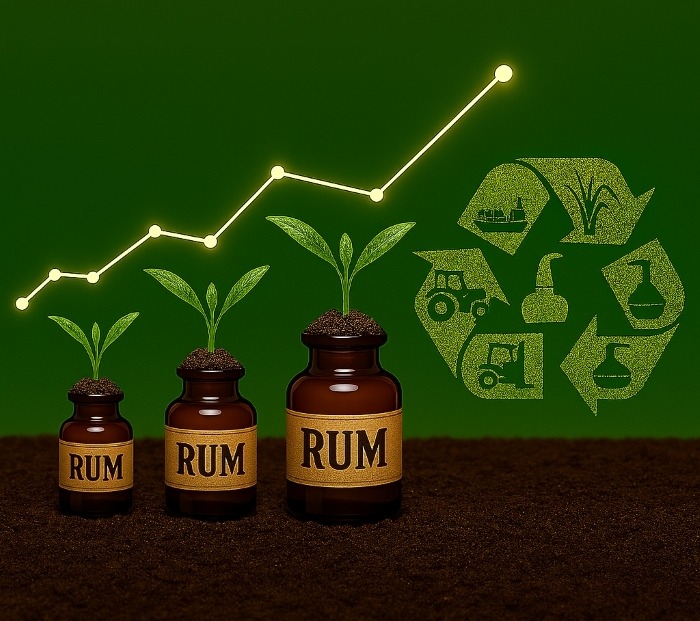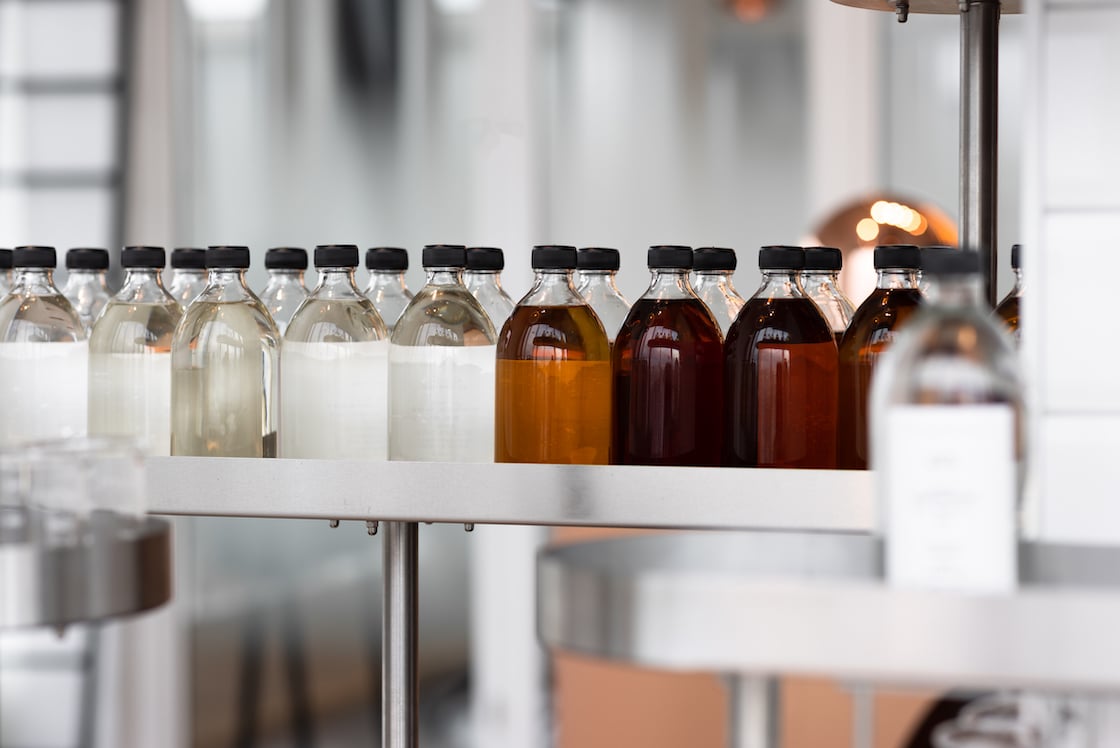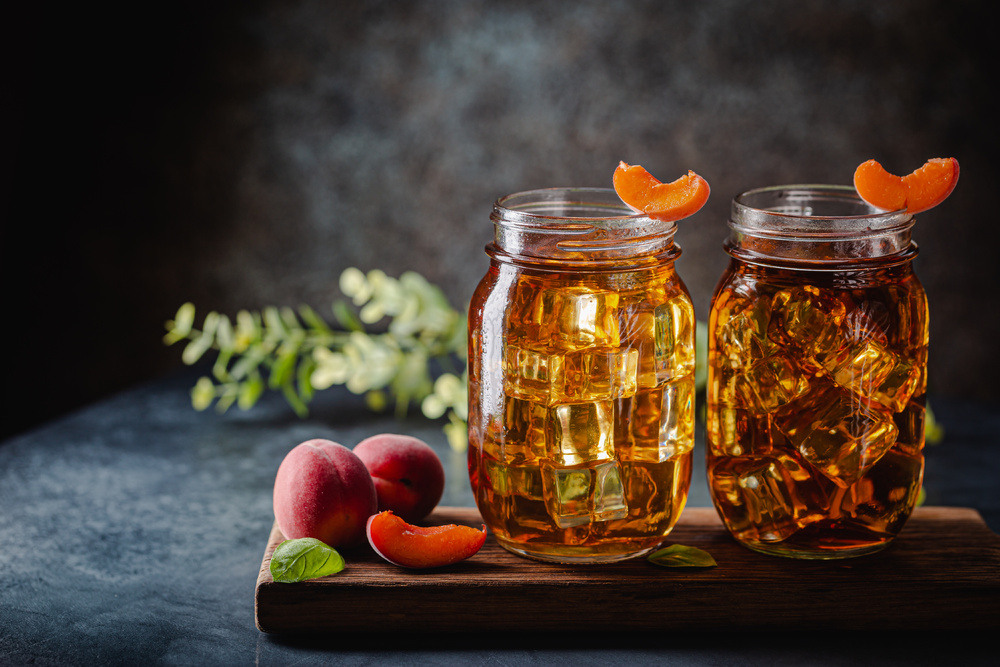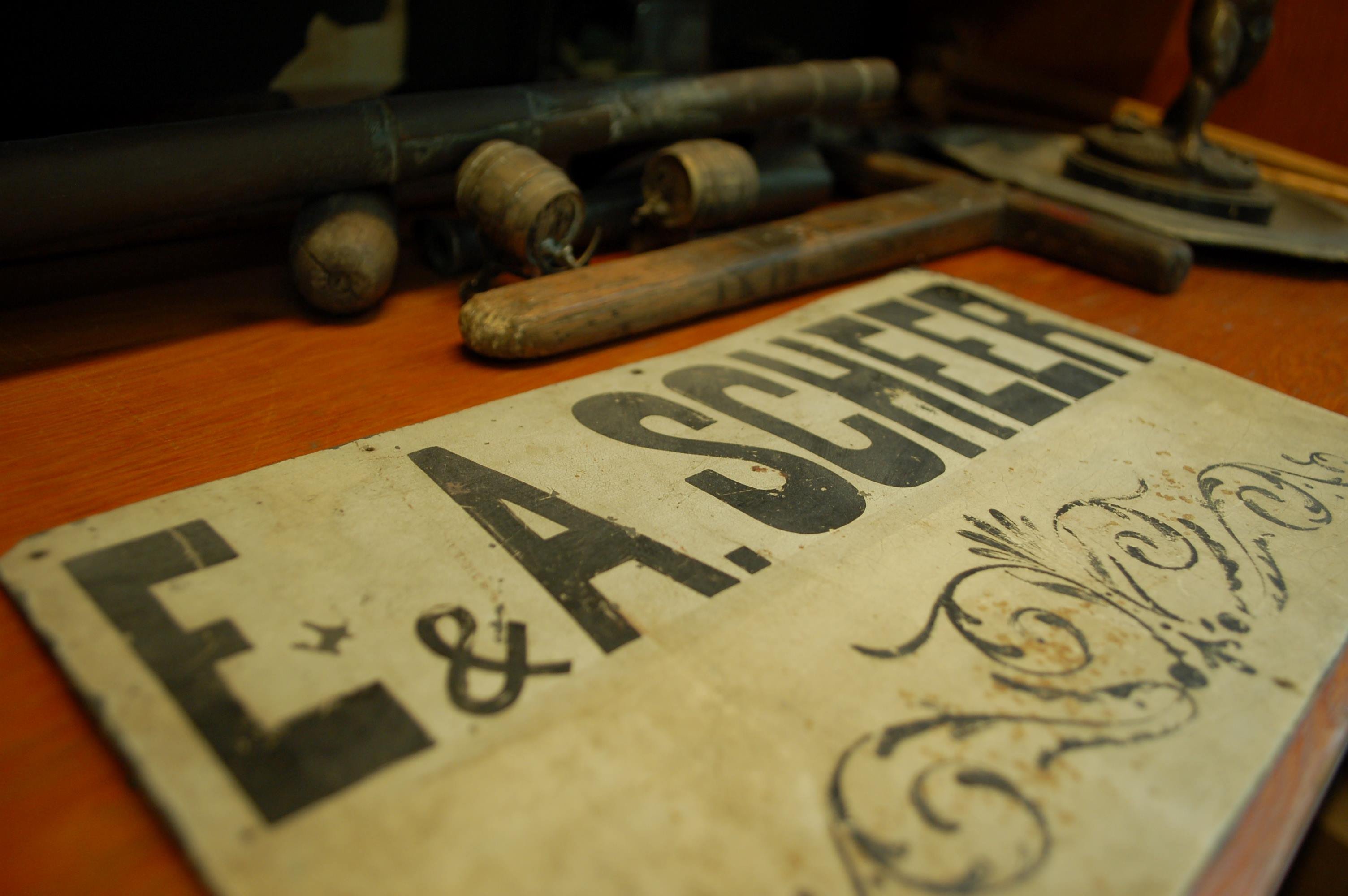Sustainable Rum on the Rise

Sustainable Rum on the rise
Imagine a shopper browsing the premium spirits display at a local retailer. Smartphones in hand, they are scanning QR codes to trace a certain Rum's journey from Caribbean sugarcane field to this very shelf. Perhaps they're checking carbon footprints, labour practices and or crop provenance.
This isn't the future. This is happening today.
The spirits industry is undergoing a fundamental shift. Research shows that consumers are increasingly prioritising sustainability in their consumption practices. No longer satisfied with great taste alone, they also want to know where their drink comes from, how it's made, and what impact it has on people and the planet.
85% of consumers say they are experiencing the disruptive impact of climate change in their lives. 46% say they are buying more sustainable products as a way to reduce their environmental impact.
(Source: PWC Voice of the Consumer Survey 2024)
For Rum producers and brands, this shift presents a new and long-term opportunity. A joint study by McKinsey & Company and NielsenIQ, for example, indicates that consumers are more loyal to brands with strong sustainability commitments. In other words, responsibility and profitability aren't opposing forces. They're becoming inseparable.
Explore how E&A Scheer embeds sustainability into our practices
The growth of sustainable Rum
Sustainable Rum represents more than a niche trend. It forms part of a broader movement reshaping the global spirits landscape. In fact, sustainability has been highlighted as a key driver in the expansion of the Rum market, especially in the Nordics, with younger drinkers firmly at the forefront of positive change.
Some researchers say 38% of young adults now drink Rum at least once a week in the UK. This new generation of consumer places a premium on social and environmental responsibility – and the Rum industry is adapting to meet their expectations.
Types of sustainable Rum
The first step to understanding sustainable Rum involves a familiarity with the various certification standards that define responsible production. Three main categories lead the way when it comes to establishing a credible eco-friendly commitment.
Certification standard #1: Bonsucro-certification
Bonsucro represents a global non-profit certification for sustainable sugarcane production and processing. This standard focuses on minimising the environmental impact of water usage, maintaining soil health and protecting biodiversity. It also underlines the importance of reducing greenhouse gas emissions and ensuring decent labour conditions throughout the sugarcane supply chain.
Bonsucro certification reassures customers that the molasses or fresh sugarcane juice is sourced in a sustainable, socially-responsible manner. For brands, Bonsucro certification provides credibility in business negotiations, particularly with retailers who maintain strict sustainability targets. It also reassures consumers that the brand is not linked to deforestation, water overuse or labour exploitation.
Learn more about our Bonsucro certification and how it supports sustainable Rum production.
Certification standard #2: Organic Rum
Organic certification ensures that sugarcane cultivation is free from synthetic pesticides, herbicides or fertilisers and respects soil and biodiversity. Various standards, including EU Organic and USDA Organic, all maintain rigorous requirements for environmental sustainability, traceability and purity.
Organic certification resonates particularly strongly with health-conscious and environmentally aware consumers such as Millennials and Generation Z. Organic Rums are often crafted by smaller or artisanal distilleries and fit in well with the growing consumer demand for authentic and natural products. As such, they typically command a premium price.
As an Amsterdam-based company, E&A Scheer is certified under the EU Organic Regulation. This ensures our products meet stringent standards for environmental sustainability, traceability and purity. Offering a range of Organic Rums sourced from certified suppliers worldwide, we can guide you through the certification requirements relevant to your target markets.
Contact us to discuss your organic Rum requirements.
Certification standard #3: Fairtrade Rum
Fairtrade certification not only helps to make sure farmers receive fair prices for their crops. It is also designed to guarantee safe conditions for workers, with a Fairtrade premium invested back into local communities. Although still a relatively small segment, Fairtrade-certified Rums are growing steadily.
Fairtrade opens powerful storytelling opportunities for brands, allowing them to highlight their active support for farmers and communities and connect with consumers who want their purchasing decisions to reflect their values.
So what actually makes Rum sustainable?
Sustainable Rum production extends far beyond the far to cover pretty much every link in the entire value chain.
- Organic sugarcane cultivation
- Renewable energy usage
- Efficient distillation processes
- Eco-friendly packaging
- Comprehensive waste management
- Fair trade practices
The most advanced sustainable Rum operations may implement circular economy principles, where the waste generated by one process is transformed into the material input for another. Gagasse, a fibrous residue from sugarcane processing, can be used as a source of renewable energy. Spent wash from distillation can be turned into biofertiliser. These innovations all help to reduce waste whilst reducing costs and even creating additional revenue streams.
Find answers to common questions about Rum production and sustainable practices in our FAQs.
What trends are elevating sustainability in the Rum world?
We have already mentioned that eco-friendly, socially responsible brands appeal to the younger generation of Rum drinkers. No surprise, then, that certifications, transparency and storytelling are starting to exert a strong influence on purchasing decisions.
Producers and bottlers are responding with smarter and more sustainable practices including recycled and biodegradable bottles, labels and caps. We are even seeing minimalist packaging featuring QR codes to communicate essential information.
Supply chain visibility is also playing a part. Modern consumers want to know not just what they're drinking, but where it comes from, who made it, and under what conditions. Brands in a position to tell these stories in an authentic way may gain a distinct competitive advantage.
Contact us to discuss the latest eco-friendly trends in the Rum industry.
Craft spirits and sustainability
The shift toward premium and craft spirits overlaps with sustainability trends.
As consumers increasingly come to associate quality with responsible production methods, we see a natural connection between premiumisation and environmental awareness.
The craft Rum movement has been particularly influential in driving sustainability standards. Smaller distilleries often position environmental responsibility as a core brand value, setting a direction of travel that larger producers need to follow in order to remain competitive.
Sustainable Rum is here to stay
The outlook for sustainable Rum looks highly positive. Many drinkers think beyond exceptional taste. They are also on the lookout for products they can feel good about choosing, knowing their purchase supports environmental stewardship, fair labour and community development.
The growth of sustainable practices, from Bonsucro and organic certification to innovative packaging and transparency initiatives, demonstrates that responsibility and profitability can work seamlessly together.
Climate change also looks set to drive eco innovation as Rum-producing regions adapt to new environmental realities. That includes drought-resistant sugarcane varieties, water conservation technologies and carbon sequestration programs that position Rum production as part of the climate solution rather than the problem.
Discover the key trends shaping Rum's future, including sustainability initiatives that are transforming the industry.
For brands looking to enter or expand in the sustainable Rum space, the opportunity has never been more exciting. Consumers are ready to reward companies that share their values. The question is whether you're ready to meet them there.
If you would like to explore sustainable Rum options for your brand, contact our team or get started with our unique blending tool.




Rum Blending Tool
Browse the latest resources & industry insights to learn more about our companies and the Rum world in general.


